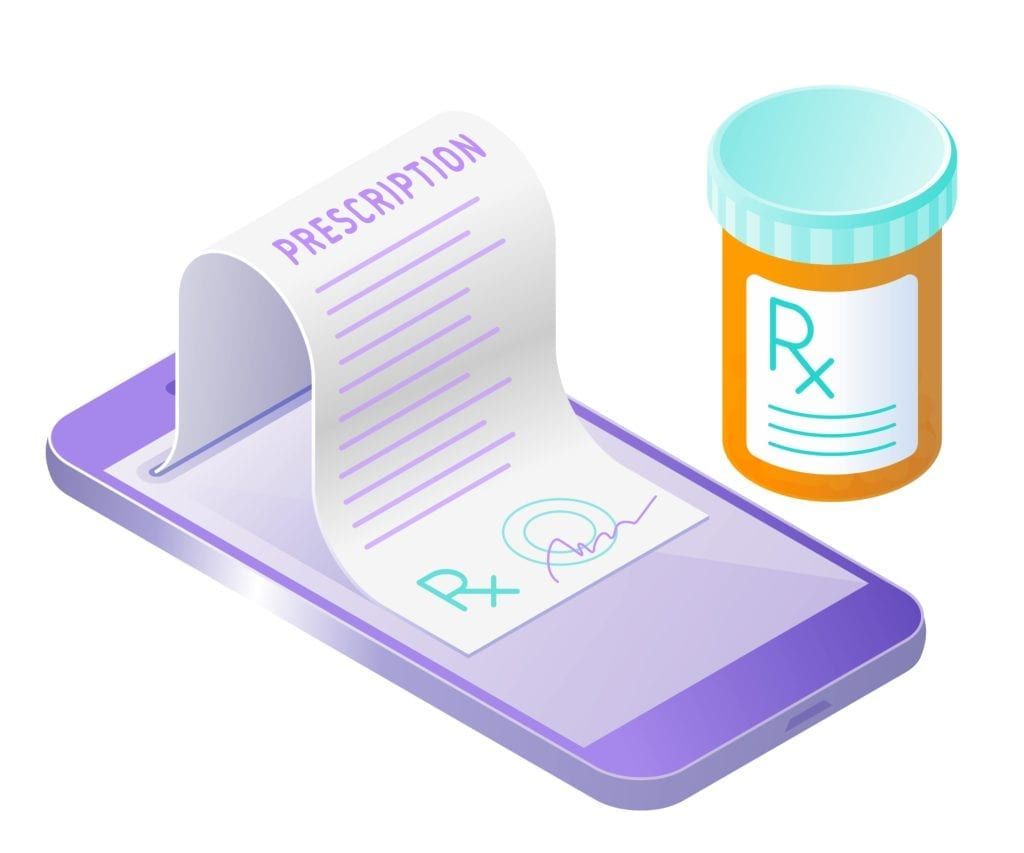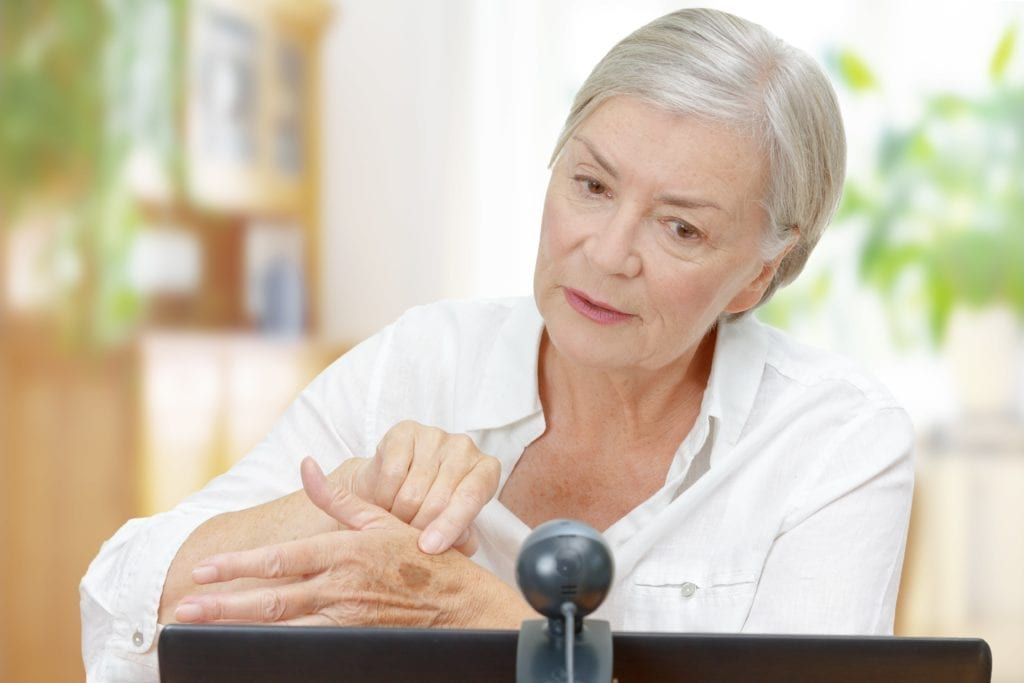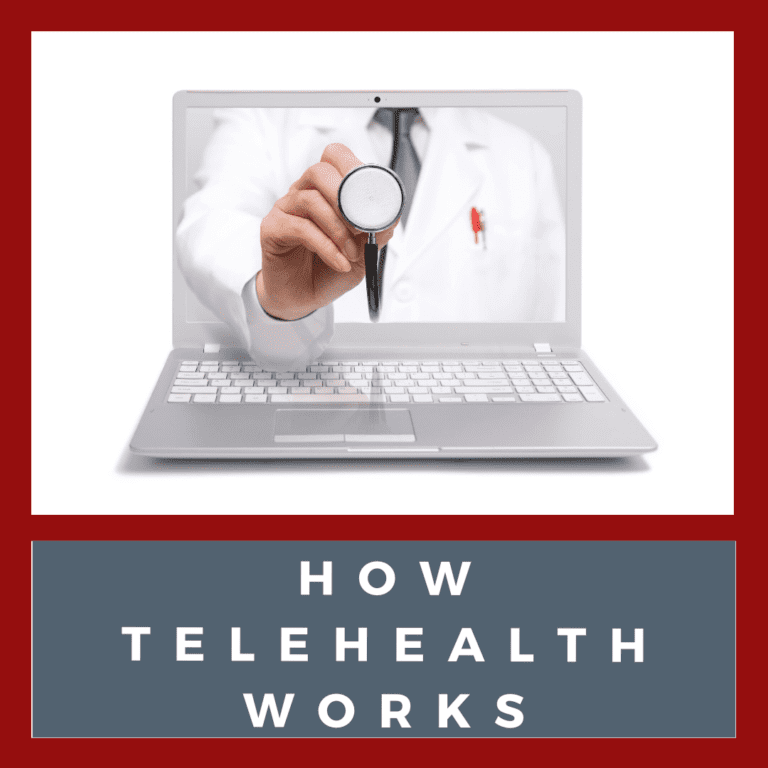The recent outbreak of the SARS-CoV-2 virus, also known as COVID-19 or Coronavirus, has led to federal recommendations calling for social distancing practices as a way to slow the spread of the virus. Consequently, many medical offices are responding by offering video appointments to their patients. Known as telemedicine, this approach lets doctors provide care to their patients without the risk of spreading this highly-contagious virus.
With telemedicine, instead of visiting your doctor’s office for an appointment, you simply login to a HIPAA-compliant platform for your video appointment. This allows you to see and speak with your doctor about your non-urgent medical concerns from the comfort of your own home. Not only does this protect you from unnecessary exposure, but it helps to alleviate the pressure on emergency rooms and urgent care clinics. With that being said, video appointments are intended for non-urgent medical concerns. If you are experiencing a possible health emergency, it is recommended to skip the video visit and call 911.
The day of your appointment, it is recommended that you login about 10-20 minutes before your scheduled appointment time to make sure everything is working on your end. Although you don’t need to physically visit your doctor’s office, it is still recommended to treat the video appointment as you would an office visit. Therefore, you should jot down and questions or concerns you have for your doctor ahead of time. Additionally, you will want to have a list of your current medications handy as well.
What Can Telemedicine Treat?
Depending on your medical condition, your video appointment will vary. Telemedicine works well to treat the following conditions:

- Allergies
- Arthritis
- Asthma
- Bronchitis
- Cellulitis
- Colds and flu
- Diarrhea
- Infections
- Insect bites
- Pharyngitis
- Conjunctivitis
- Rashes
- Respiratory infections
- Sinusitis
- Skin inflammation
- Sore throats
- Sprains and strains
- Bladder infections
- UTIs
- Sports injuries
- Vomiting

What Happens During a Telemedicine Appointment?
As a general rule, you can expect to discuss the things that you would normally discuss during an in-office appointment such as chief complaints, medical history, symptoms you are experiencing, family history, medication review, allergies, and history of the illness (if chronic). Additionally, you can expect to perform a provider-directed self-examination.
After your appointment, your doctor may prescribe certain medications to treat the diagnosis. This is especially common if you have an established relationship and/or a chronic health condition. In other cases, your doctor may direct you to come into the office for further examination or diagnostic tests. They may also provide you with other guidelines to follow in the meantime.
How to Have a Good Appointment
While telemedicine offers a variety of benefits, it still has a few shortcomings. Therefore, here are a few tips to help you with your telemedicine appointment:
Start Early
As mentioned before, it is a good idea to login about 10-20 minutes before your scheduled appointment time to make sure everything is working on your end. This also allows you to be ready for your appointment once your doctor is.
Be Professional
Another way to benefit from your telemedicine appointment is to be professional. Basically, this just means that you will treat a video appointment like you would an office visit. This means getting dressed, and picking a quiet location to carry out your appointment free from distractions.
Use Video
If you are faced with the decision between using audio only or using video, it is recommended that you choose video. This is because the large amount of body language and facial expressions are lost with the visual component of communication. Simply stated, video appointments can make you feel more comfortable and help foster trust.

Dr Kumar is a highly skilled physician dedicated to providing gentle and effective care to patients of all ages and medical conditions. He achieved his degree in a field that he is passionate about. He believes that excellent health begins with education and has made his mission to enlighten patients to ways they can take greater control over their health. Dr Kumar is committed to continuing education activities and remaining aware of the latest advancements in Medical Science to maintain current high standards of care.




